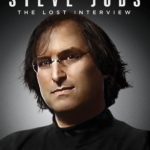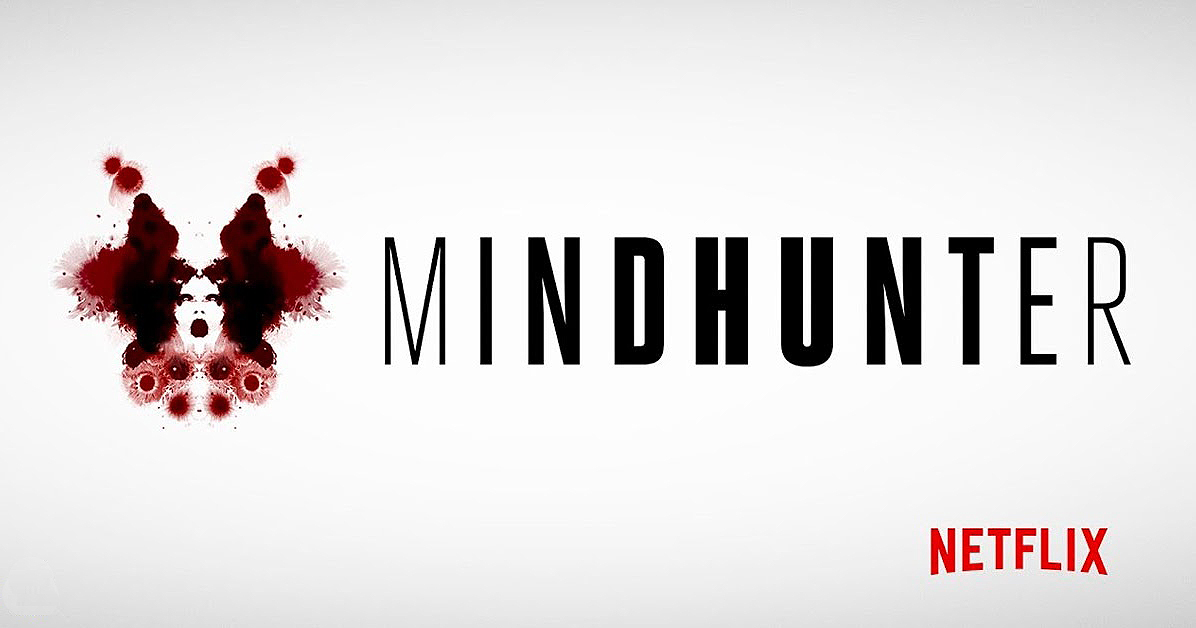 This is one of my favourite documentaries on Steve Jobs, an interview with the legend who’s at his best reliving his time at Apple, NeXT, and beyond. It’s full of anecdotes from his thought process on product design, and why Microsoft is after all…Microsoft and I thought to reproduce some of his insightful quotes. This interview was conducted by Bob Cringely in 1995, it was lost until the director of the series found a VHS copy in his garage, and released to theatres in 2012.
This is one of my favourite documentaries on Steve Jobs, an interview with the legend who’s at his best reliving his time at Apple, NeXT, and beyond. It’s full of anecdotes from his thought process on product design, and why Microsoft is after all…Microsoft and I thought to reproduce some of his insightful quotes. This interview was conducted by Bob Cringely in 1995, it was lost until the director of the series found a VHS copy in his garage, and released to theatres in 2012.
At a time when technology has virtually seeped into our psyche, this interview brings a tremendous insight as to how far we have come, and especially for Apple as a company as it continues to innovate.
On Becoming a Millionaire at a Young Age
“I was worth about over a million dollars when I was 23 and over $10 million when I was 24 and over $100 million when I was 25. And it wasn’t that important because I never did it for the money. I think money is a wonderful thing ’cause it enables you to do things. It enables you to invest in ideas that don’t have a short-term payback and things like that. But especially at that point in my life, it was not the most important thing. The most important thing was the company, the people, the products we were making, what we were gonna enable people to do with these products.”

